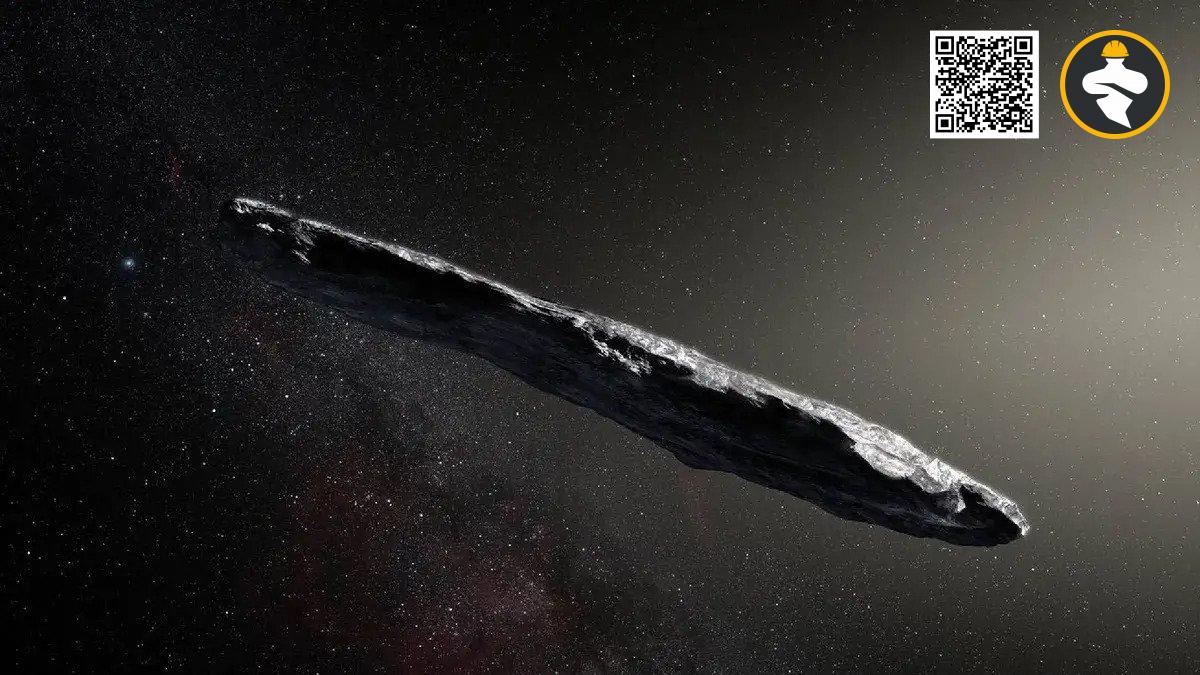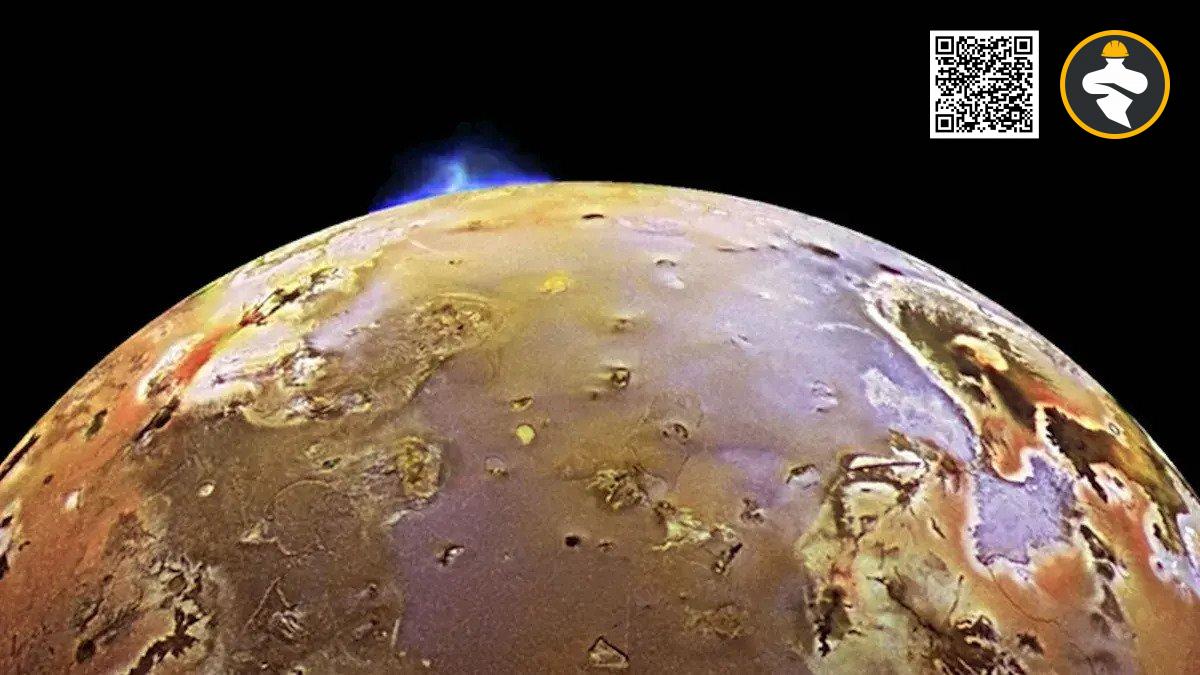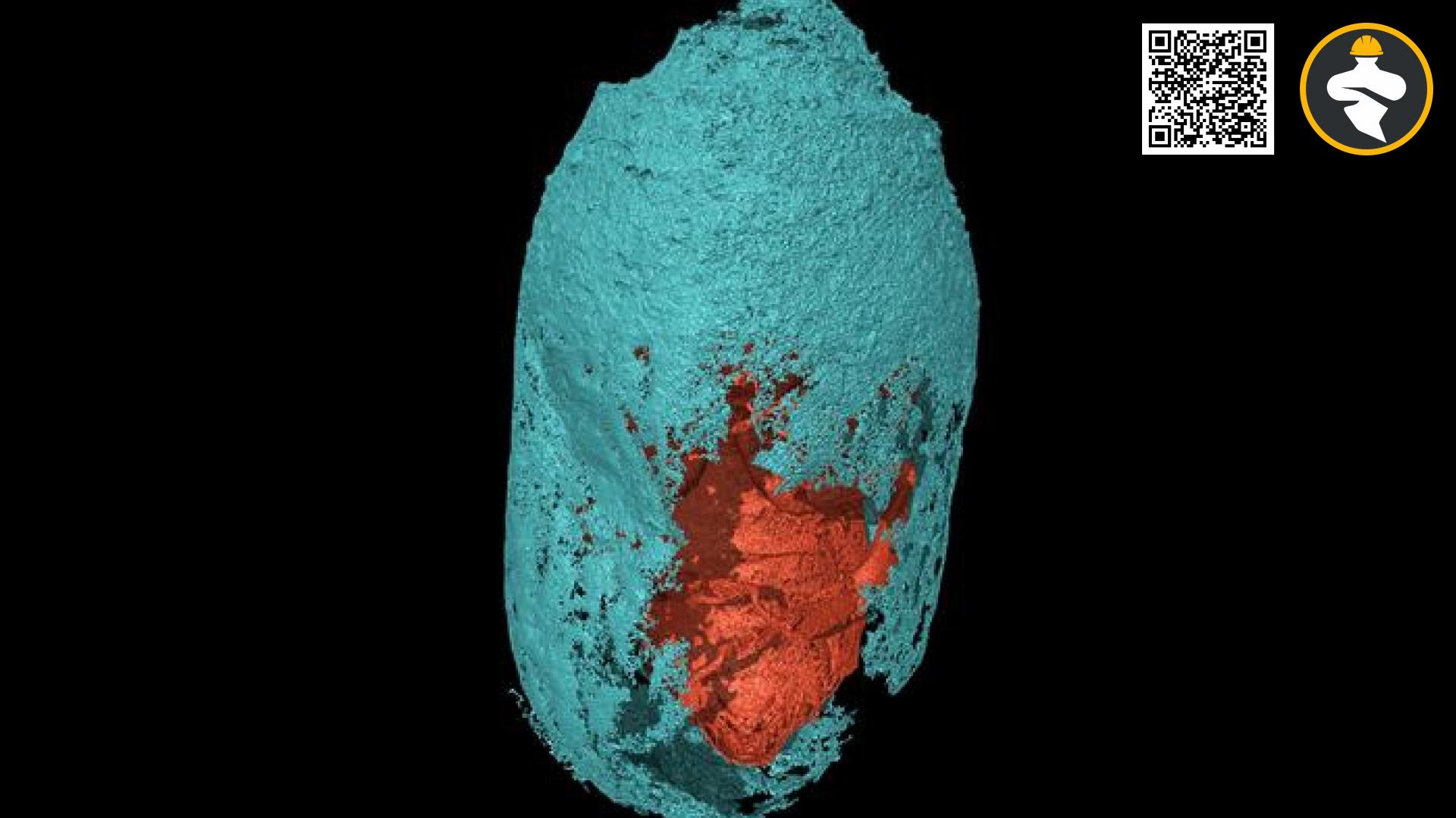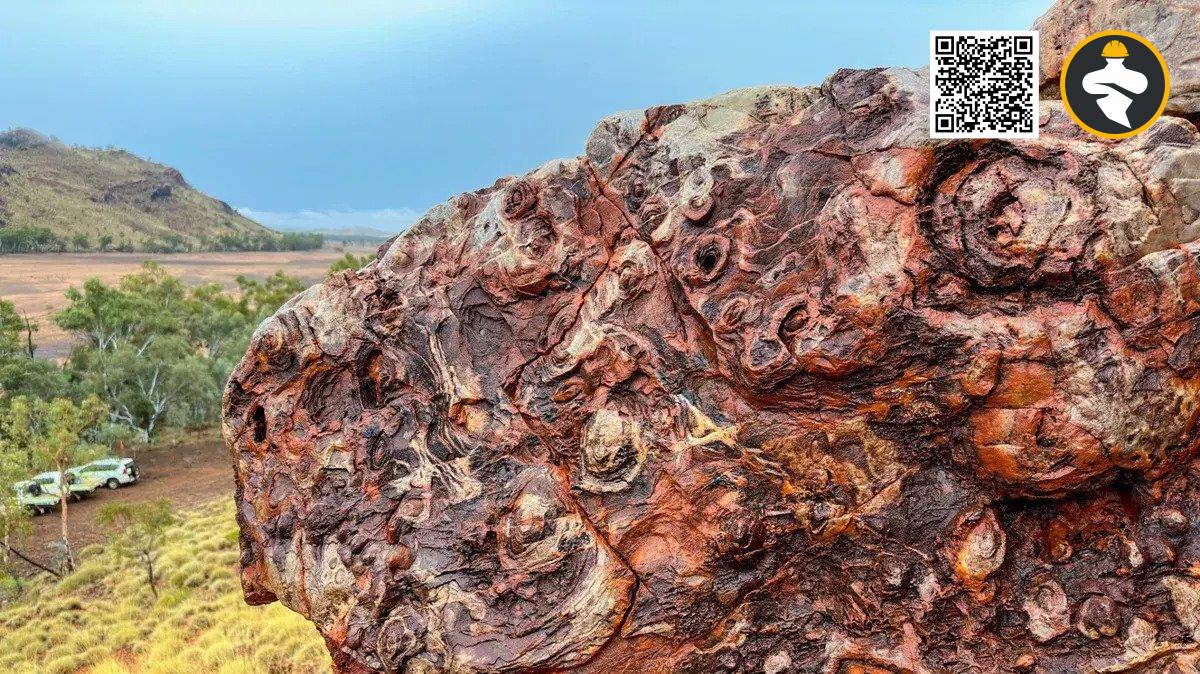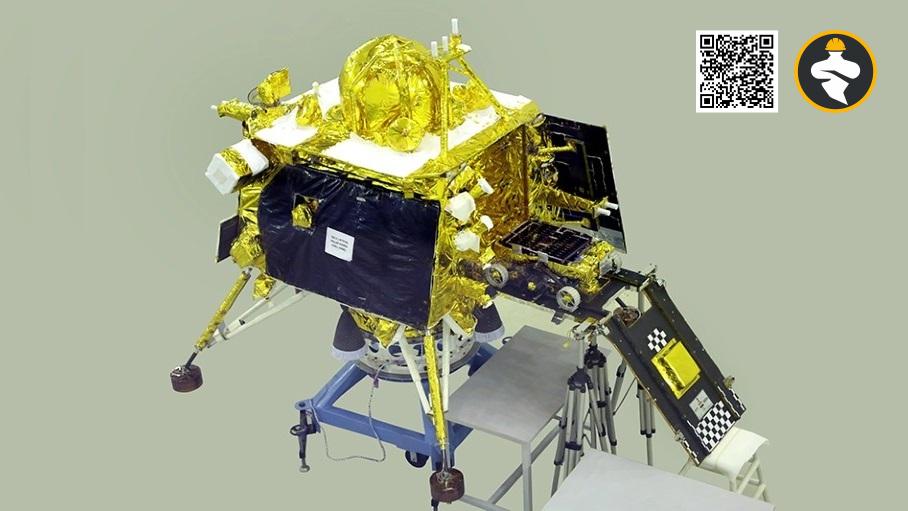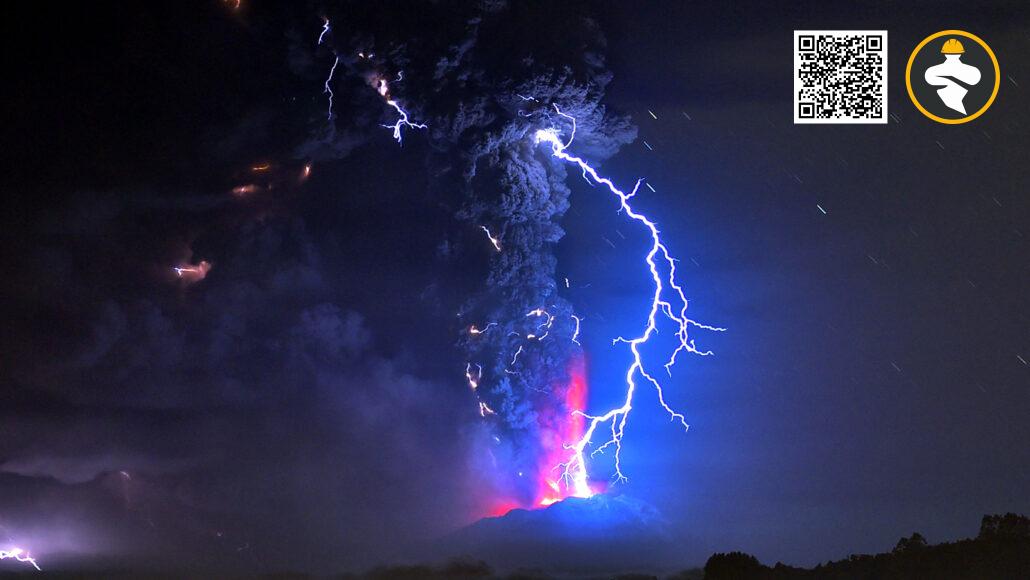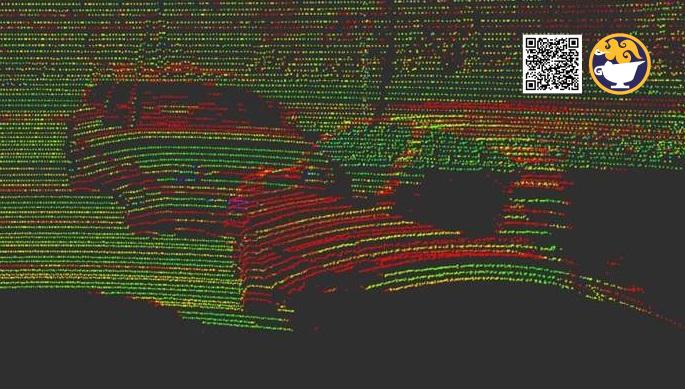Scientists have found evidence that suggests giant volcanic eruptions that occurred millions of years ago may have played a significant role in the emergence of life on Earth. These eruptions generated lightning that split nitrogen molecules in the air, leading to the formation of compounds that are essential to biological molecules, such as proteins and DNA.
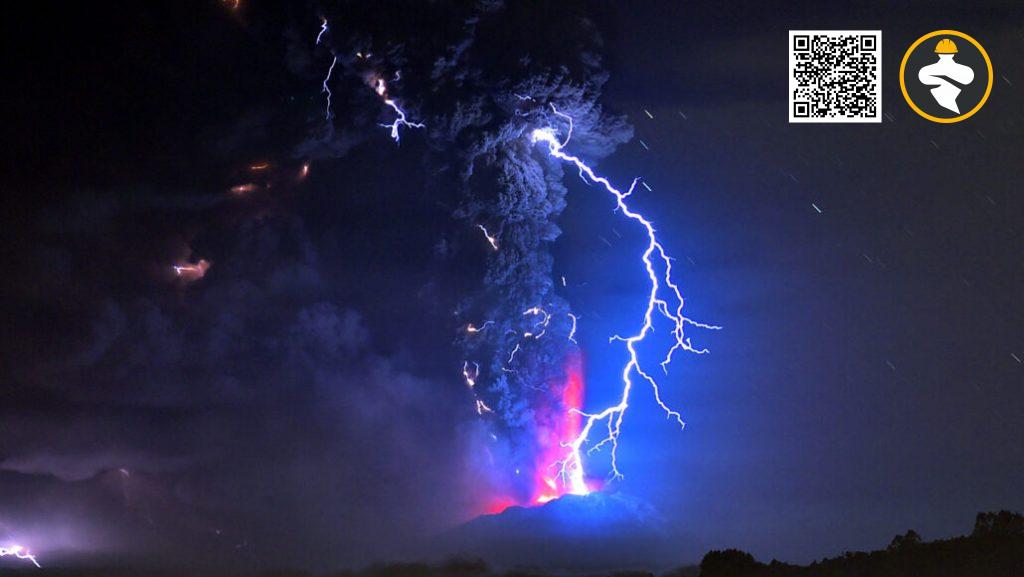
Nitrogen, a crucial component of biological molecules, typically cannot be used by living organisms in its atmospheric form. However, the lightning generated by volcanic eruptions can split nitrogen molecules into individual atoms, which can then react with other elements to form biologically usable compounds. The study estimates that each eruption, on average, deposited up to 60 million tons of biologically usable nitrate, which could have provided the necessary materials for the emergence of life on Earth by creating the building blocks needed for biological molecules.
This research sheds light on the link between geology and biology and highlights the importance of understanding the history and evolution of our planet to better predict the effects of human activity on the planet.
Scientists from the University of Washington have conducted a study that suggests giant volcanic eruptions that occurred millions of years ago may have played a crucial role in the emergence of life on Earth. The researchers used computer models to simulate the effects of lightning generated by volcanic eruptions on the atmosphere. Nitrogen, as mentioned earlier, is a crucial component of biological molecules.
However, it is typically inert and cannot be used by living organisms in its atmospheric form. The lightning generated by volcanic eruptions can split nitrogen molecules into individual atoms, which can then react with other elements in the atmosphere to form compounds that are biologically usable. The study estimates that the volcanic eruptions that occurred between 3 and 5 million years ago deposited around 600 million metric tons of biologically usable nitrate. These deposits could have provided the necessary materials for the emergence of life on Earth by creating the building blocks needed for biological molecules. The findings from this study could help scientists better understand the conditions that led to the emergence of life on Earth. By understanding how the necessary building blocks for life were created, researchers can gain insight into how life may have evolved and developed over time. The study also highlights the important role that natural phenomena such as volcanic eruptions play in shaping our planet’s history and evolution. By studying the impact of these events on the environment, scientists can gain a better understanding of how the Earth has changed over time and how it may continue to change in the future.
Additionally, the study provides new evidence that supports the hypothesis that life on Earth may have originated from non-living matter. The biologically usable nitrate generated by volcanic eruptions could have provided the necessary materials for the formation of the first living organisms. Furthermore, the study emphasizes the importance of interdisciplinary research in understanding the history and evolution of our planet.
Geologists, biologists, and other scientists must work together to gain a comprehensive understanding of the Earth’s history and the factors that have influenced the development of life on our planet. Lastly, the study raises questions about the potential for life to exist on other planets. If volcanic eruptions played a crucial role in the emergence of life on Earth, could they also have played a role in the emergence of life on other planets? These are important questions that scientists will continue to explore in the search for life beyond our planet.
In conclusion, the study provides new insight into the link between geology and biology and highlights the importance of understanding the history and evolution of our planet.

